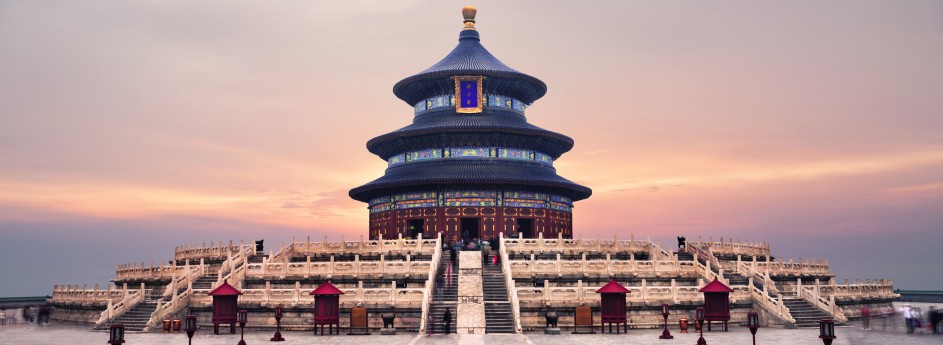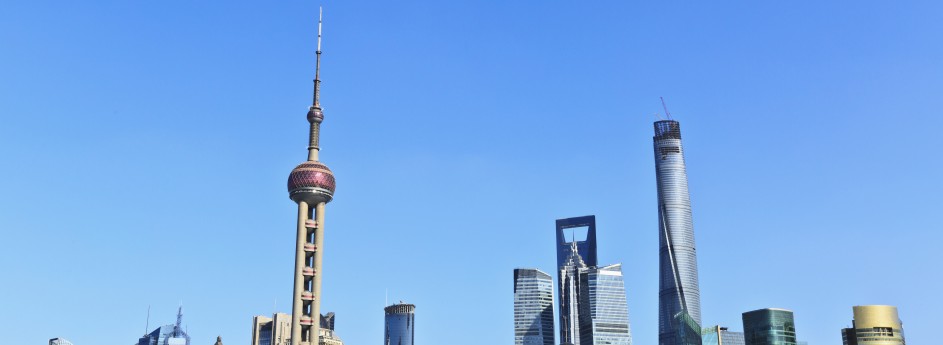RMB Joins the IMF Currency Basket
On October 1st, China’s National Day, the renminbi (RMB) joined the US dollar, the Japanese yen, the British pound, and the euro in the IMF’s currency basket, heralding its eventual emergence as a reserve currency of choice for many coutnries .
However, RMB internationalization expert Eswar Prasad, a professor at Cornell University and a former head of the China Division at the IMF, argues, and I would tend to agree with him, that it will be a long while before the RMB becomes entrenched as an international reserve currency.
Mr Prasad told the press, “It’s happening before the RMB actually becomes a major reserve currency. It seems like the IMF is getting a little ahead of the game. But part of the reason the IMF is doing this is to bring China into the fold, so to speak, and acknowledge that China has become a great economic power. The currency still has a long way to go, though.”
“Traditional attributes of a reserve currency—open capital account, flexible exchange rate—are not there for China yet. It’s become a reserve currency just because China is so important in terms of world GDP and world trade … It accounts for about 13% of the world trade and it’s been the biggest contributor to global growth. So it’s largely size that’s driving this as if now”, he said.
“If China doesn’t stumble in terms of growth, if they continue with their economic and financial market reforms, make the currency more market determined, open up the capital account, it could very well rival the Japanese yen, the pound sterling, and perhaps even erode the euro share to a significant extent,” he said. “It will start playing a significant role in the Asian region and perhaps another region such as Africa and Latin America, which are very tied in to trade with China.”
Another factor holding back renminbi from top status is that the country’s financial markets and institutions aren’t as transparent as those of other major currencies, argues Prasad.
“China’s not there yet in terms of its financial market development and in terms of its data and government transparency,” he said. “So I think that is a long way to go even for the renminbi.”
– Yahoo Finance
The Era of US Dominance is Over: Former CIA official
Many Americans and some Canadians may be loathe to admit it but this is coming from a former CIA spy master:
_________________
Eurasia is the greatest landmass of the world, embracing Europe and all of Asia — some of the oldest and greatest centers of human civilization.
Eurasia increasingly means “Asia” in which the “Euro” part figures modestly. Furthermore, China has now become the center of Eurasia as the world’s second-largest economy. Not surprisingly, China — like the Muslim world — projects a decidedly “anti-imperial” bent based on what it sees as its humiliation at the hands of the West (and Japan) during its 200-year eclipse — during one of its dynastic down cycles. But China is very much back now into a classic “up-cycle” mode of power and influence again and is determined to project its weight and influence. India, too, now is now a rapidly developing power with regional reach.
For the complete article, see:
http://www.huffingtonpost.com/graham-e-fuller/america-global-dominance-over_b_12011012.html
China Ratifies Paris Climate Change Accord
Today, China announced it has ratified the emissions-cutting agreement reached last year in Paris, giving a big boost to efforts to bring the accord into effect by the end of this year. The United States was also expected to announce that it was formally joining the Paris Agreement in advance of the Group of 20 summit.
China is the top emitter of man-made carbon dioxide emissions, and the United States is second. Together, they produce 38 percent of the world’s man-made carbon dioxide emissions.
Both were key to getting an agreement in Paris last year. To build momentum for a deal, they set a 2030 deadline for emissions to stop rising and announced their “shared conviction that climate change is one of the greatest threats facing humanity.”
-AP



